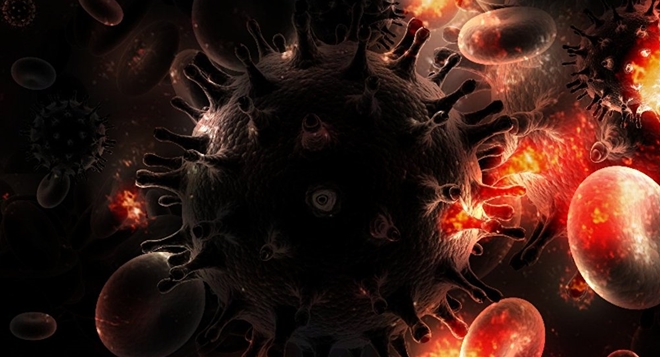Russian scientists turn nanomaterial into weapon against HIV
"We produced a water-soluble fullerene derivative bearing five residues of 3-hydroxypropanoic acid that displayed high inhibitory activity towards the human immunodeficiency virus. The results open new possibilities for creating new fullerene-based anti-viral medication," Pavel Troshin, a scientist at the Russian Academy of Sciences’ Institute of Problems of Chemical Physics, told RIA Novosti.
 |
He explained that previous attempts to use fullerenes for medical purposes were thwarted by the fact that these nanomaterials are not water-soluble. Russian scientists, however, were able to circumvent this problem by using chlorinated fullerenesb which are better suited for bonding with alcohol and other organic molecules, thus allowing for the creation of water-soluble fullerene derivatives.
According to the researchers, the effectiveness of the new substance is comparable to that of tenofovir disoproxil – a medication used to prevent and treat HIV — and does not cause any negative side effects.
Furthermore, scientists believe that other types of soluble fullerenes can be used to neutralize other dangerous viruses, like hepatitis.

